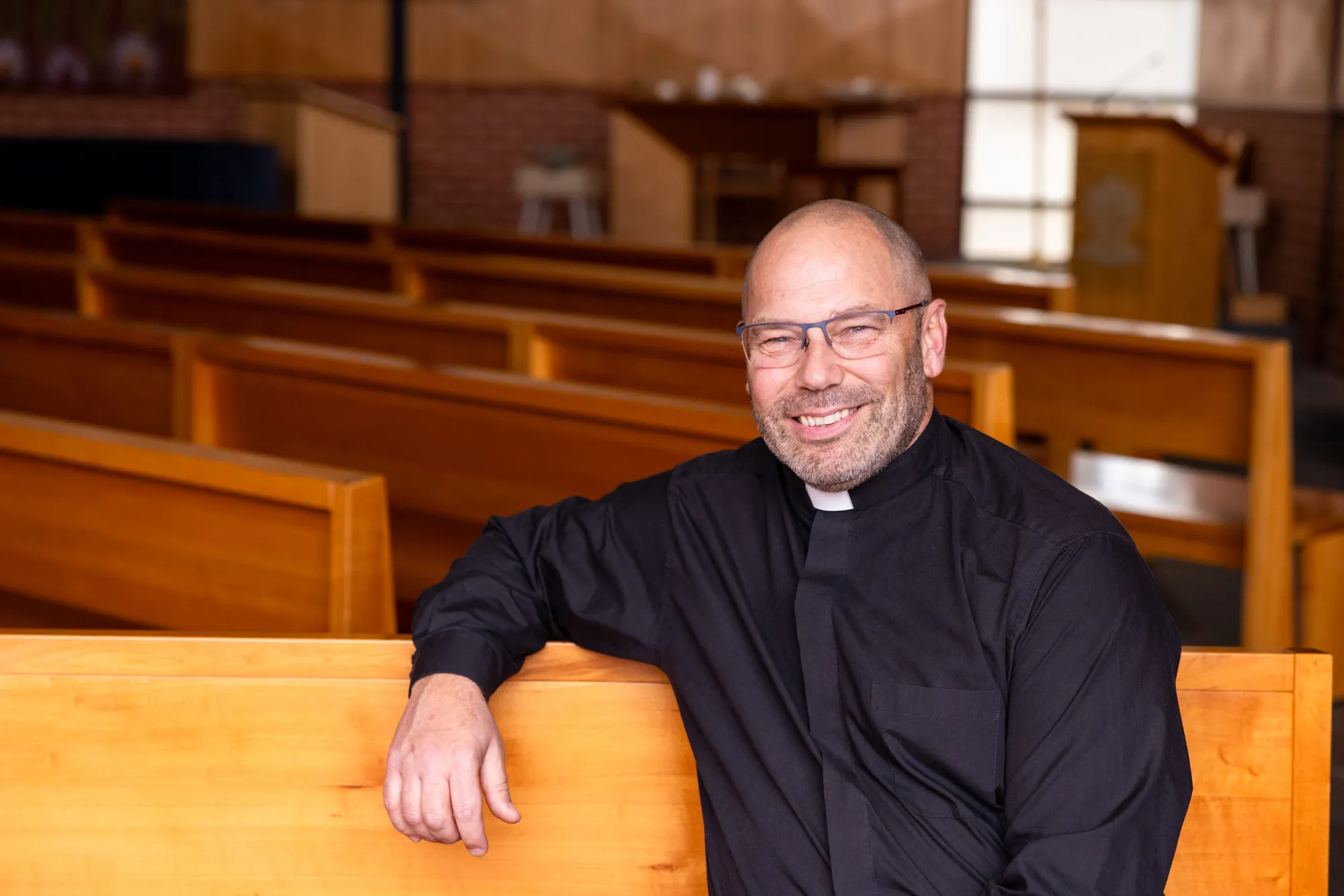For the common good
By Rev. Andy Fleming, Associate Chaplain

The vibrancy and dynamism of our school community is evident. Various year group camps have either already happened, are underway, or coming up in the next few weeks. Students and staff are kept busy with co-curricular activities and sporting activities, not to mention all the learning that is happening in the classrooms. All these events and activities help students to discover and develop their gifts, talents and interests.
This is not too dissimilar to Biblical times when the followers of Jesus looked to the Holy Spirit for guidance as they built the early church. There was a feeling that one’s individual gifts and talents should be used for the common good, but there needed to be lessons learnt about how this could be done collectively.
We can look to the Apostle Paul to understand how the Spirit fills us with what we need to contribute to the common good. The Corinthian church was another vibrant community where members received a variety of gifts from the Spirit. But at the same time, the church did not have a clear understanding of how to use their gifts. Many of them were in rivalry with other members and some claimed that they were better than others because of their special spiritual gifts. The problem is that they did not ask what they could do for the common good or what the Spirit wanted them to do. This is the context in which Paul responds to the issue of spiritual gifts, as he writes in 1 Corinthians 12:1-11.
This message is also reflected in today’s society. We constantly lift up and celebrate the so-called ‘gifted’, because they are deemed to possess greater potential and promise or hold the qualities that society values most – intellectual prowess, athleticism and some type of artistic performance ability.
But Paul’s assertion runs counter to this cultural definition, both in the church at Corinth and today. Paul says everyone is gifted. All these varieties of gifts come from the same Spirit, however diverse or different they may be. The implication is that members have to recognise other kinds of gifts and cooperate with one another. The Spirit does not promote excessive individualism or flagrant elitism that does not edify the whole community.
Paul makes explicit that the purpose of the gifts of the Spirit is “for the common good”. This means gifts are not to be used for self-promotion or selfish reasons but are to be used for strengthening the community by taking care of the weak, the dispossessed and even the despised in society.
Our community is fortunate that Radford College staff work collectively to use their gifts and expertise to the benefit of the students. There are many opportunities for students to witness members of staff using their gifts for the common good. Through Service Learning, Round Square, Radford Awareness and Service (RAS) and the Dirrum Dirrum Festival, students are also learning how to use their gifts and talents collectively for the common good. It fills me with hope and confidence for the future.
Go in peace,
Rev. Andy
